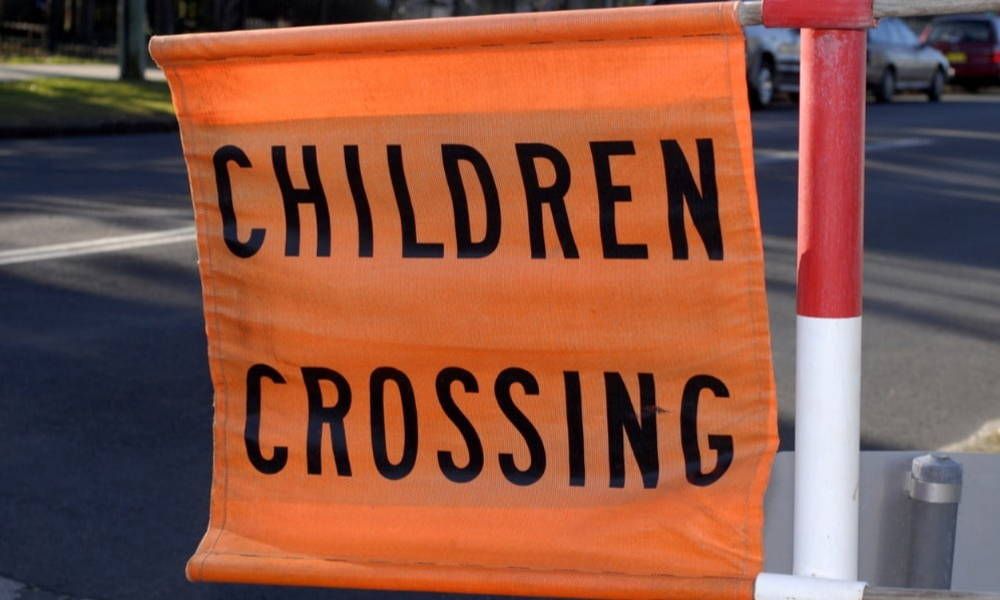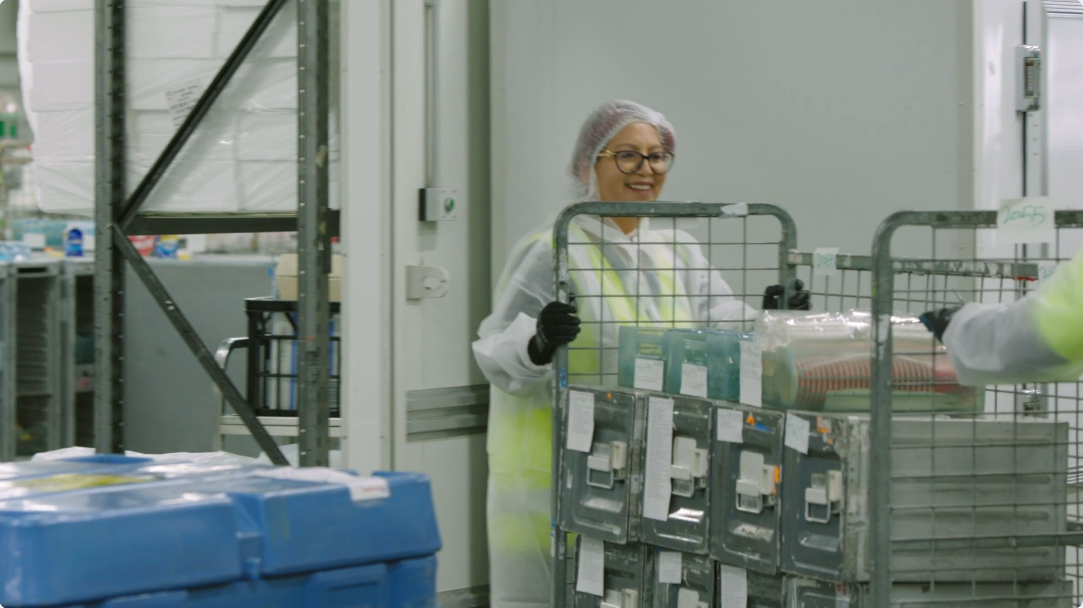Homophobia and transphobia are serious problems wherever and whenever they rear their ugly heads. Sadly, one place where this kind of discrimination commonly occurs is the workplace – where many people spend about a quarter of their waking life.
Homophobic discrimination isn’t really happening in Australian workplaces, is it?
If you work somewhere that has zero discrimination, you’re one of the lucky ones.
Research conducted last year for the international Dive In festival and reported by ABC News revealed that more than half of LGBTI employees have been verbally abused at work for being lesbian, gay, bisexual, transgender or intersex. Around 20% have even experienced physical violence in their workplace.
While these numbers are shocking and certainly warrant attention, it’s important to remember that homophobic discrimination isn’t limited to direct verbal and physical abuse. Less blatant but still real and hurtful forms include:
- Cyberbullying
- Speculating or gossiping about someone’s gender or sexuality
- Excluding someone socially because of their sexual orientation or gender identity
- Using casual phrases or ‘jokes’ that are derogatory to LGBTI people (like “that’s so gay”).
Any behaviour that makes someone feel inferior due to their identity can be seen as discrimination.
But there aren’t even any gay people in my workplace
This is unlikely. The Dive In report mentioned above also found that 45% of LGBTI people conceal their sexuality or gender identity at work. Some even choose to employ themselves, rather than staying in a team environment where they don’t feel comfortable. Given the previous statistics about homophobic hostility, it’s not surprising that so many choose to keep quiet or leave.
Almost half of LGBTI workers hide or lie about their identity at work.
‘Staying in the closet’ may come in the form of actively pretending to be heterosexual or just taking care to withhold information (e.g. only vaguely referring to their ‘partner’ or changing the topic if a lunchroom conversation turns to relationships). Either way, the fact remains: you can’t assume your colleagues are straight by default just because they don’t tell you otherwise or don’t come to work wearing a sequined rainbow suit.
Isn’t it just construction and other blokey industries that have this problem?
Firstly, no industry exists in a vacuum. If any section of Australia’s workforce is rife with discrimination, this is still a reflection of our society and should be scrutinised.
But yes, some industries are less welcoming to LGBTI employees. Depending on your career path, moving from one industry to another can feel like stepping back in time to a less progressive era.
A 2016 report from PwC suggests the industries that struggle most with homophobic attitudes are:
- Government
- Industrial, Manufacturing and Transport
- Retail, Hospitality and Media.
The Government sector sees the most homophobic incidents, with 70% of workers stating they’ve seen homophobia at work frequently, occasionally or rarely in the past 12 months.
PwC, 2016
Meanwhile, in an article from The Age, a spokesman from the Gay and Lesbian Organisation of Business and Enterprise recognised IT companies, universities, and financial institutionsas some of the most LGBTI-friendly places to work.
Regardless of which sector we sit in, we need to appreciate that no industry is immune. Every business should be proactive when it comes to handling homophobic or transphobic discrimination – as with any kind of discrimination – because it can occur anywhere.
Why is it so important to get on top of homophobia in the workplace quickly?
The first and simplest answer is that discrimination can make an individual feel terrible. Any kind of abuse, intentional or even perceived, can have devastating effects on a person’s emotional wellbeing. And most people certainly don’t wish for their LGBTI employees or colleagues to suffer.
Earlier this year, ABC News released an article revealing that homophobia can have damaging consequences for businesses too:
- Companies that struggle with this issue can face hurdles when it comes to attracting and keeping high-potential talent.
- LGBTI employees who are bullied have negative work attitudes, which naturally reduces their productivity and limits their contributions to the workplace’s culture.
- Businesses that are inclusive and diverse enjoy larger profits, greater innovation, and employees who are more invested and likely to stay for longer.
To sum it up succinctly: Allowing homophobic or transphobic discrimination hurts employees and the company’s bottom line.
What can I do about it?
If you’re a manager…
- Work with other managers to create a formal Diversity and Inclusion strategy, and make this available to all staff.
- Actively and openly call out homophobic or transphobic comments and behaviour, even if they’re intended as ‘jokes’. Explain to offenders why you’re taking a stance against this.
- If an employee makes a complaint about this kind of discrimination, take it seriously and follow through exactly as you would with other instances of discrimination.
- Review your recruitment and promotion policies to ensure sexual orientation and gender identity are never consideration factors, and train relevant managers in being aware of and avoiding bias.
- Create a specific task force to identify opportunities for promoting and protecting diversity, in regards to both employees and customers.
- Encourage staff to organise/attend events that promote diversity – and go along if you can.
- If an LGBTI staff member comes out to you, be supportive and respect their privacy. Help them find and access internal and external resources as needed.
Understand that this isn’t as simple as giving your staff the tools to support themselves. Even today, many LGBTI people struggle with internalised homophobia. As a manager, taking the lead and creating a strong diversity policy can help everyone accept each other and themselves.
If you’re a worker…
- Participate in any diversity initiatives your business runs and support LGBTI colleagues as appropriate (e.g. if you notice homophobic bullying, stand up and say something).
- Don’t make gay or transgender ‘jokes’, even if you don’t think they are offensive (e.g. don’t mock a client’s effeminate voice when discussing them with other staff members).
- If you know or think a colleague is gay, lesbian or bisexual, don’t tell anyone or spread rumours about their sexuality.
- Take part in equality training where available, or talk to your manager about seeking this.
- If your manager calls you out on something you’ve said and you don’t understand why, ask for an explanation and listen to their response with an open mind.
- When organising a social work event, don’t exclude anyone based on their sexuality or gender identity.
- If you have homophobic beliefs, be respectful of your workmates and keep them to yourself. Even if you don’t like what someone does in their personal life, they still have the right to feel safe and happy at work.
Everyone has a part to play in making Australian workplaces more inclusive and diverse environments – managers and employees, LGBTI people and allies. If you have a story to tell or your own tips for making a business more welcoming, please share in the comments below.













